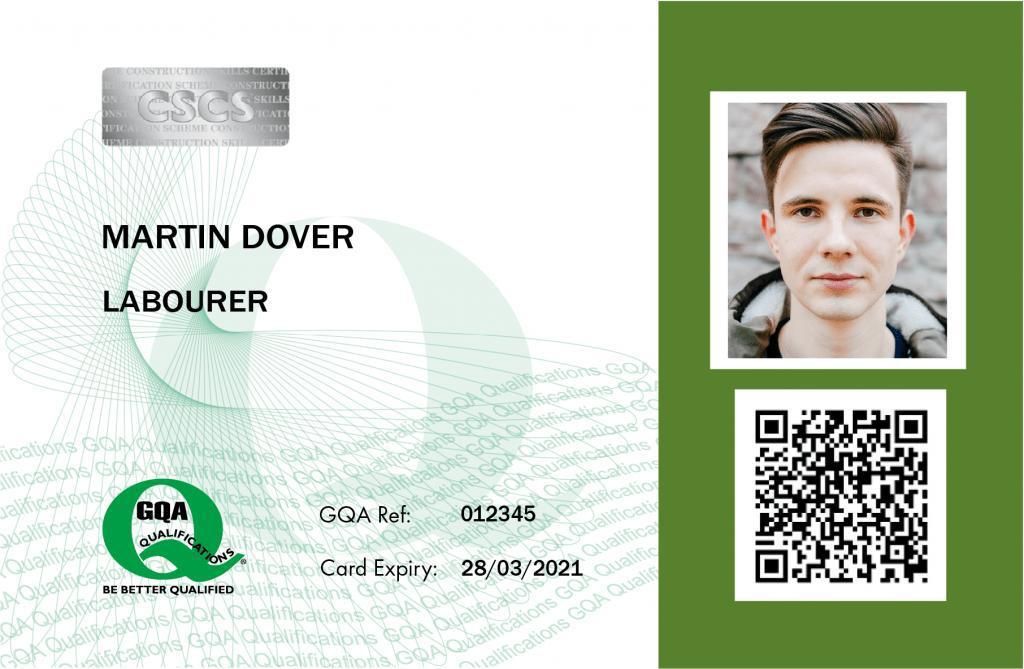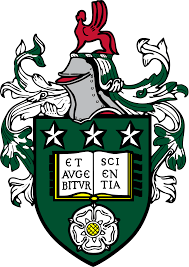In a rapidly evolving business landscape, organizations must constantly adapt and refine their management techniques to remain competitive. The role of a manager today requires more than just overseeing operations; it demands the ability to motivate teams, implement effective delegation, and continuously develop a modern skillset that aligns with organizational goals. Modern management is about being proactive, strategic, and empowering employees to perform at their highest potential. Supervision and delegation are essential tools that enable managers to distribute tasks effectively, ensuring optimal productivity while nurturing leadership qualities across all levels of the organization.
Effective management and supervision require an understanding of both the tactical and interpersonal aspects of leadership. It is not just about overseeing a process but about inspiring a team, cultivating an environment of trust, and making data-driven decisions that support company objectives. Delegation, when done correctly, is one of the most powerful tools a manager has to optimize performance, foster growth within the team, and focus on high-priority tasks. However, it is crucial for managers to delegate responsibilities with purpose and clarity, which can enhance operational efficiency and help in professional development.
As businesses increasingly rely on collaboration and cross-functional teams, effective supervision and delegation have become even more critical. Supervisors are required to manage diverse teams, often in hybrid or remote work environments. The ability to lead with a balance of authority and empathy is essential to drive team performance, foster innovation, and ensure organizational alignment. This course will explore these critical skills in the context of modern workplace challenges and provide the tools needed to enhance managerial effectiveness.
One of the primary focuses of this course is on mastering delegation. Managers often face the challenge of knowing when and how to delegate tasks effectively. The ability to delegate tasks strategically allows managers to focus on critical tasks while also providing team members with opportunities for growth and skill development. Learning how to assign the right tasks to the right people based on their strengths and abilities will increase both productivity and morale, leading to a more cohesive and high-performing team.
Additionally, supervision in the modern workplace is not just about oversight but includes coaching, mentoring, and supporting employees in achieving their full potential. Managers need to be equipped with skills to guide their teams in an ever-changing business environment. By developing modern supervisory techniques, managers can create an environment that values continuous learning and adaptability, which is key to the success of the organization.
Throughout this course, participants will gain a deeper understanding of the evolving landscape of management and supervision. They will learn to enhance their leadership styles by integrating new strategies for task allocation, team development, and performance monitoring. These skills are vital for any manager aiming to succeed in the dynamic business world, where agility and effective resource management are paramount.




















































